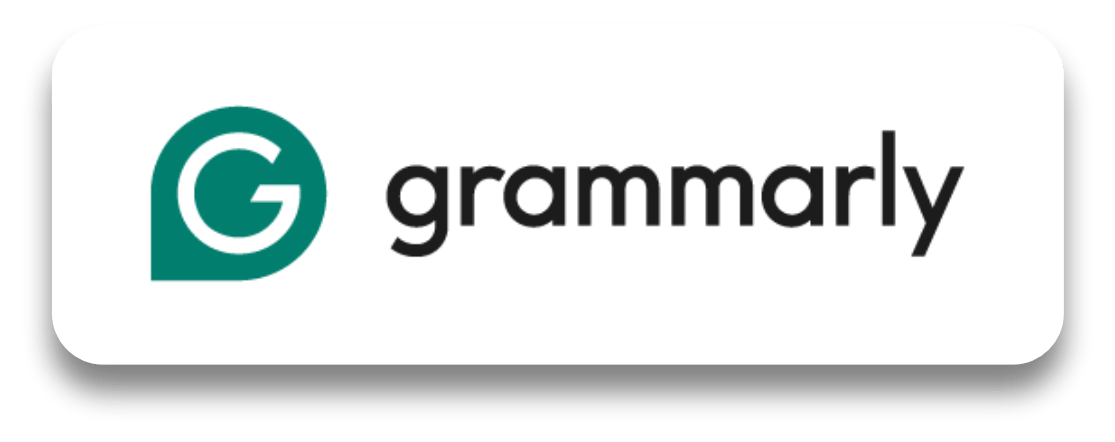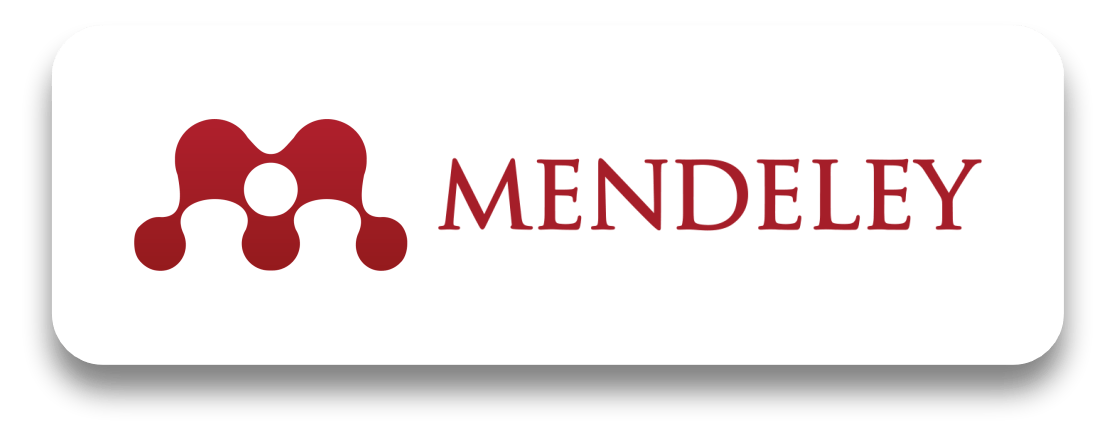The Effectiveness of Project-Based Learning (PBL) in Enhancing Students' Speaking Skills in EFL Classrooms
DOI:
https://doi.org/10.59261/bsree.v2i1.7Keywords:
project-based learning, EFL speaking skills, fluency, language learning, student-centered instruction, digital toolsAbstract
Developing speaking skills in English as a Foreign Language (EFL) is a persistent challenge in many classrooms due to traditional instruction methods that often lack real-world engagement and student-centered learning. Recent approaches such as Project-Based Learning (PBL) offer promising alternatives by encouraging communicative, collaborative, and contextualized language use. This study investigates the effectiveness of PBL in improving the speaking skills of EFL students, focusing on fluency, pronunciation, accuracy, and interaction. It also explores student perceptions and the pedagogical implications of integrating PBL into language instruction. Employing a quasi-experimental design with a pre-test and post-test control group, the study was conducted on two intact classes of Indonesian senior high school students. The experimental group underwent a four-week PBL intervention, while the control group received traditional instruction. Data were collected through speaking assessments, classroom observations, and student interviews, and analyzed using t-tests and thematic analysis. Findings revealed a significant improvement in the experimental group’s speaking performance, with a mean gain of 15.5 points and a large effect size (Cohen’s d = 0.85). Qualitative data indicated enhanced confidence, engagement, and motivation among students involved in PBL tasks. The integration of digital tools further supported learning and speaking practice. PBL is an effective strategy to improve EFL learners’ speaking proficiency by fostering meaningful communication, collaborative problem-solving, and learner autonomy. This approach holds promise for broader implementation in diverse EFL contexts.







